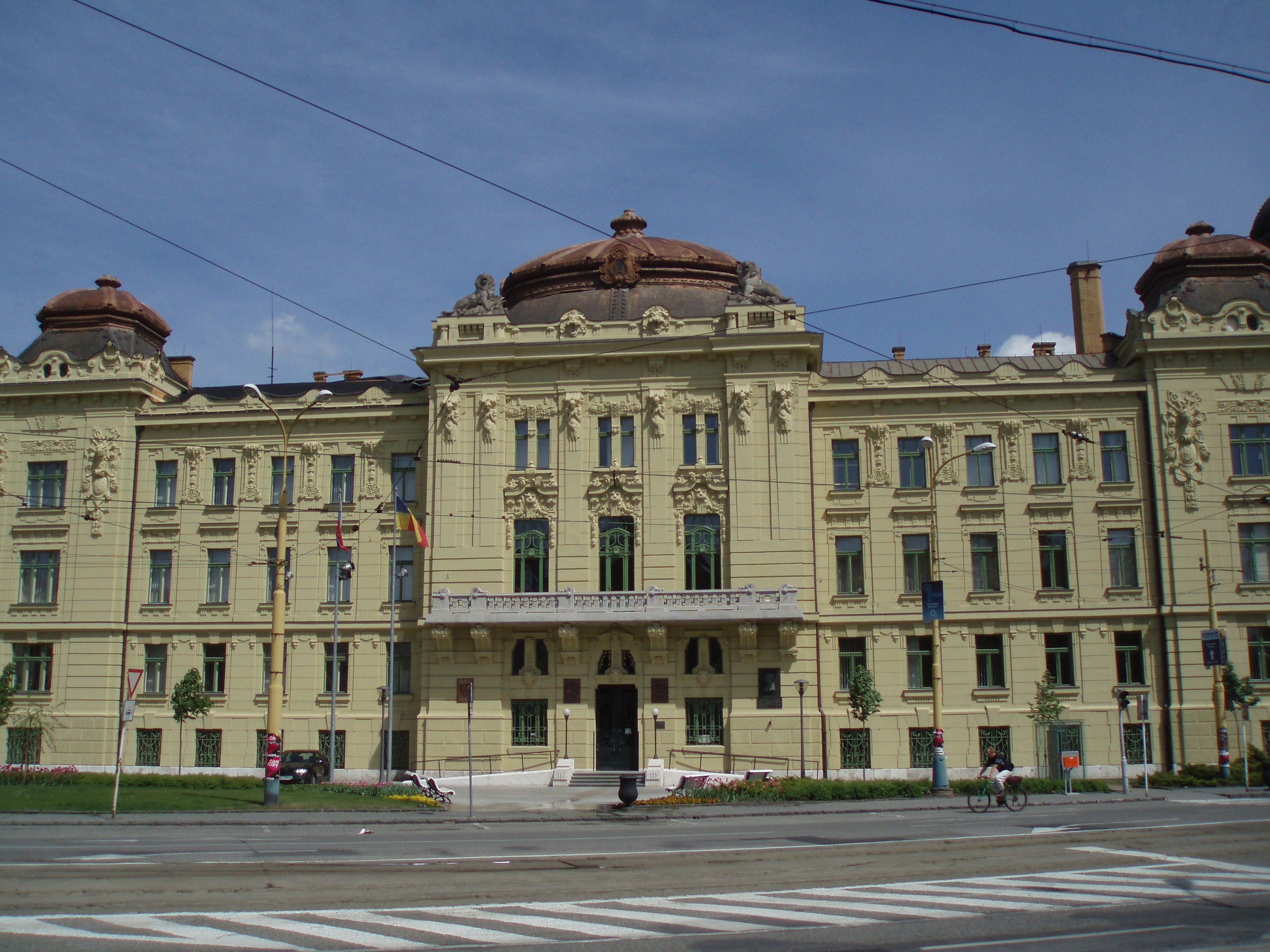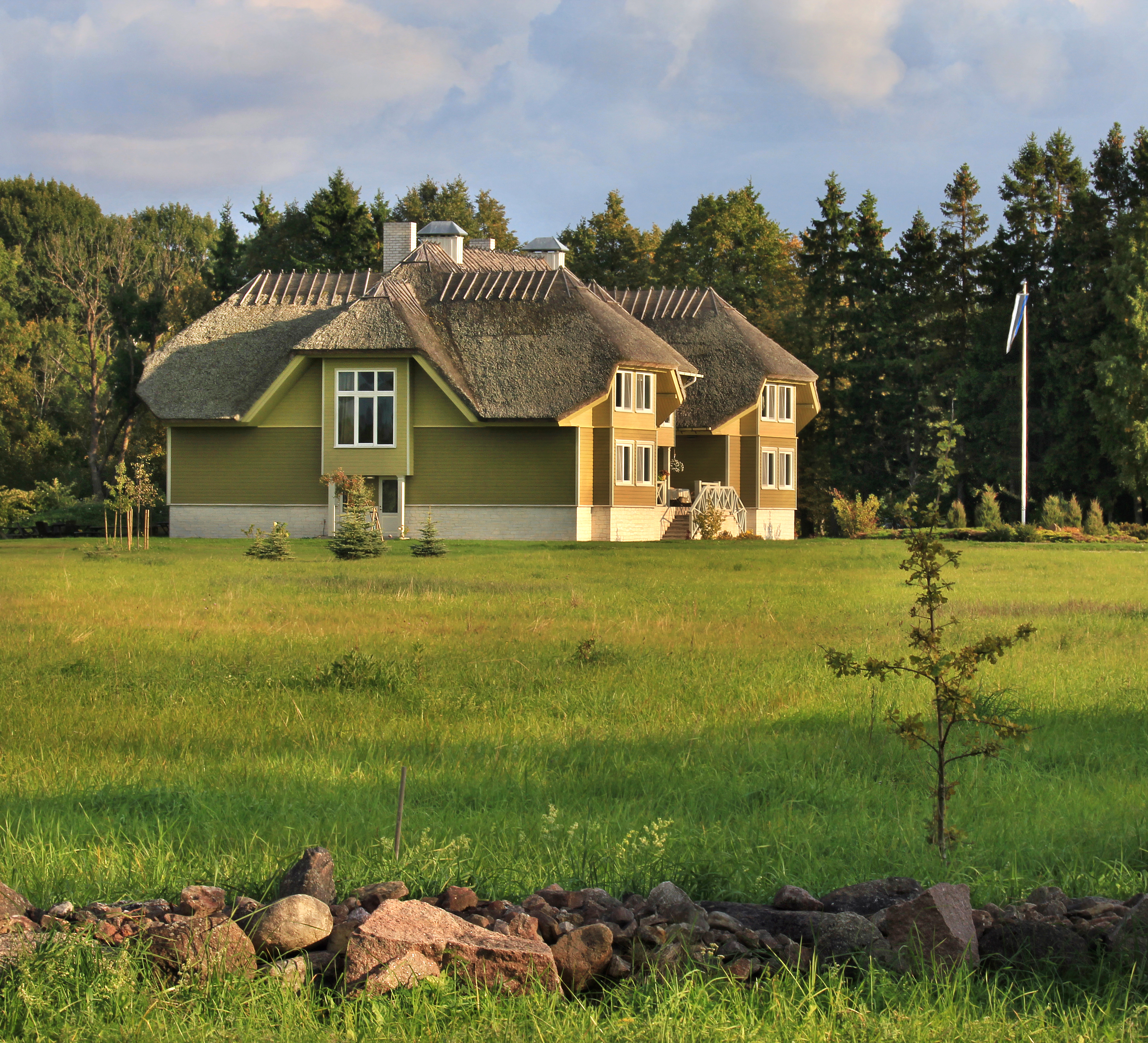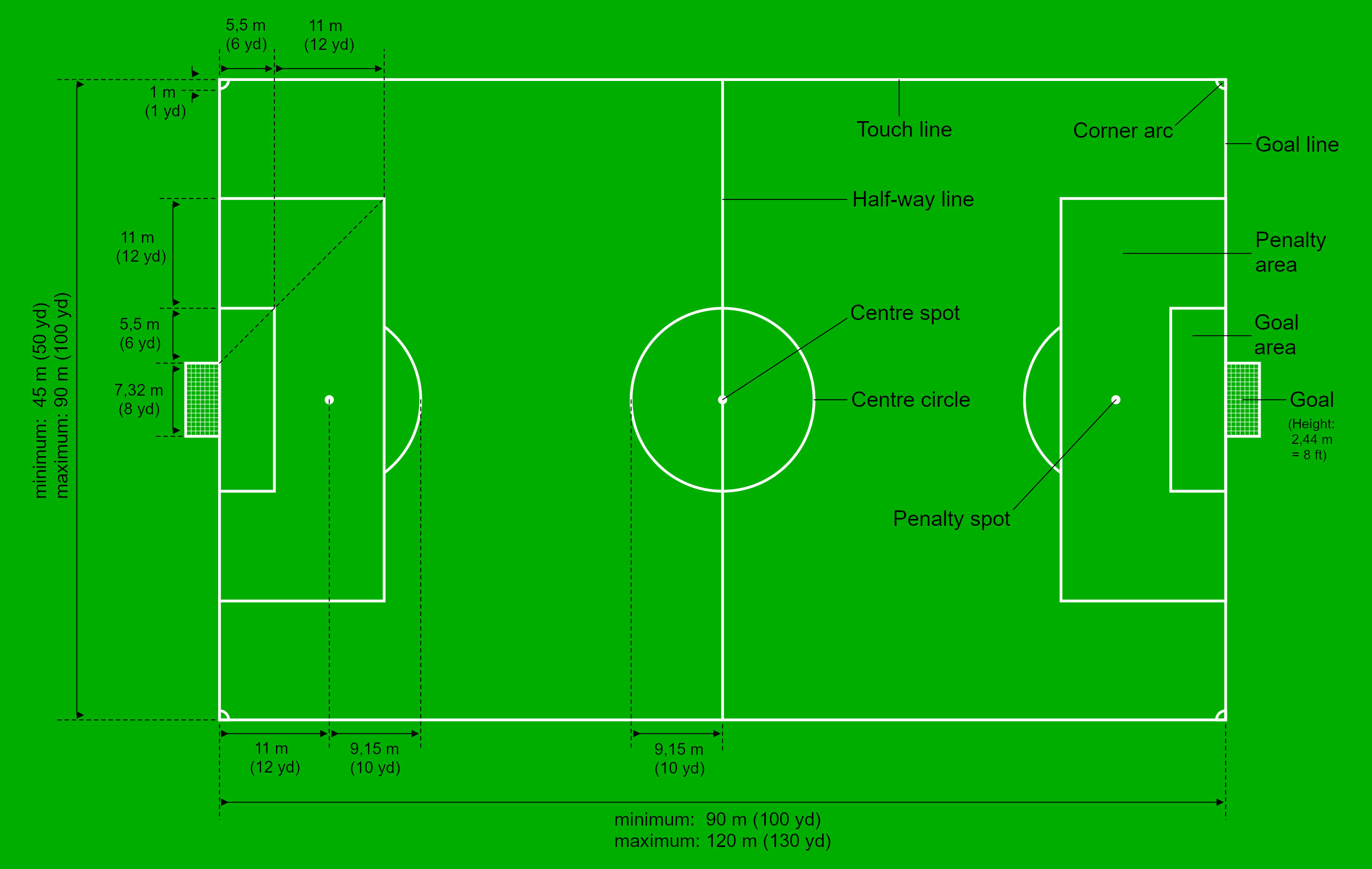|
Plešivec, Slovakia
Plešivec ( hu, Pelsőc) is a large village and municipality in the Rožňava District in the Košice Region of middle-eastern Slovakia. History In historical records the village was first mentioned in 1243. Geography The village lies at an altitude of 218 metres and covers an area of 62,142 km². It has a population of about 2440 people. Economy and facilities The village has a petrol station and a guesthouse. It also has a number of quality medical facilities including a pharmacy, a doctors surgery and outpatient facilities for children and adolescents. The village also has a commercial bank, an insurance company and a cashomat. Government The village has its own birth registry office and its own police force Culture The village has a public library, a gymnasium and a football pitch. Transport The village has its own railway station Rail transport (also known as train transport) is a means of transport that transfers passengers and goods on wheeled ve ... [...More Info...] [...Related Items...] OR: [Wikipedia] [Google] [Baidu] |
Košice Region
The Košice Region ( sk, Košický kraj, , hu, Kassai kerület; uk, Кошицький край) is one of the eight Slovak administrative regions. The region was first established in 1923 and its present borders were established in 1996. It consists of 11 districts ( okresy) and 440 municipalities, 17 of which have a town status. About one third of the region's population lives in the agglomeration of Košice, which is its main economic and cultural centre. Geography It is located in the southern part of eastern Slovakia and covers an area of 6,752 km2. The western part of the region is composed of the eastern part of the Slovak Ore Mountains, including its subdivisions: Slovak Karst, Slovak Paradise, Volovské vrchy, Čierna hora. The Hornád Basin is located in the northwest. The area between Slovak Ore Mountains and Slanské vrchy is covered by the Košice Basin, named after the city. The area east of Slanské vrchy is covered by the Eastern Slovak Lowland and th ... [...More Info...] [...Related Items...] OR: [Wikipedia] [Google] [Baidu] |
Guest House (lodging)
A guest house (also guesthouse) is a kind of lodging. In some parts of the world (such as the Caribbean), guest houses are a type of inexpensive hotel-like lodging. In others, it is a private home that has been converted for the exclusive use of lodging. The owner usually lives in an entirely separate area within the property and the guest house may serve as a form of lodging business. Overview In some areas of the world, guest houses are the only kind of accommodation available for visitors who have no local relatives to stay with. Among the features which distinguish a guest house from a hotel, or inn is the lack of a full-time staff. Bed and breakfasts and guest houses in England are family owned and the family lives on the premises though family members are not normally available during the evening. However, most family members work a 10- to 12-hour day from 6 am as they may employ part-time service staff. Hotels maintain a staff presence 24 hours a day and 7 days a week, ... [...More Info...] [...Related Items...] OR: [Wikipedia] [Google] [Baidu] |
Association Football Pitch
A football pitch (also known as soccer field) is the playing surface for the game of association football. Its dimensions and markings are defined by Law 1 of the Laws of the Game, "The Field of Play". The pitch is typically made of natural turf or artificial turf, although amateur and recreational teams often play on dirt fields. Artificial surfaces are allowed only to be green in colour. All line markings on the pitch form part of the area which they define. For example, a ball on or above the touchline is still on the field of play, and a foul committed over the line bounding the penalty area results in a penalty. Therefore, a ball has to completely cross the touchline to be out of play, and a ball has to wholly cross the goal line (between the goal posts) in order for a goal to be scored; if any part of the ball is still on or above the line, a goal is not scored and the ball is still in play. The field descriptions that apply to adult matches are described below. Becaus ... [...More Info...] [...Related Items...] OR: [Wikipedia] [Google] [Baidu] |
Library
A library is a collection of materials, books or media that are accessible for use and not just for display purposes. A library provides physical (hard copies) or digital access (soft copies) materials, and may be a physical location or a virtual space, or both. A library's collection can include printed materials and other physical resources in many formats such as DVD, CD and cassette as well as access to information, music or other content held on bibliographic databases. A library, which may vary widely in size, may be organized for use and maintained by a public body such as a government; an institution such as a school or museum; a corporation; or a private individual. In addition to providing materials, libraries also provide the services of librarians who are trained and experts at finding, selecting, circulating and organizing information and at interpreting information needs, navigating and analyzing very large amounts of information with a variety of resources. Li ... [...More Info...] [...Related Items...] OR: [Wikipedia] [Google] [Baidu] |
Police Force
The police are a constituted body of persons empowered by a state, with the aim to enforce the law, to ensure the safety, health and possessions of citizens, and to prevent crime and civil disorder. Their lawful powers include arrest and the use of force legitimized by the state via the monopoly on violence. The term is most commonly associated with the police forces of a sovereign state that are authorized to exercise the police power of that state within a defined legal or territorial area of responsibility. Police forces are often defined as being separate from the military and other organizations involved in the defense of the state against foreign aggressors; however, gendarmerie are military units charged with civil policing. Police forces are usually public sector services, funded through taxes. Law enforcement is only part of policing activity. Policing has included an array of activities in different situations, but the predominant ones are concerned with the prese ... [...More Info...] [...Related Items...] OR: [Wikipedia] [Google] [Baidu] |
Insurance Company
Insurance is a means of protection from financial loss in which, in exchange for a fee, a party agrees to compensate another party in the event of a certain loss, damage, or injury. It is a form of risk management, primarily used to hedge against the risk of a contingent or uncertain loss. An entity which provides insurance is known as an insurer, insurance company, insurance carrier, or underwriter. A person or entity who buys insurance is known as a policyholder, while a person or entity covered under the policy is called an insured. The insurance transaction involves the policyholder assuming a guaranteed, known, and relatively small loss in the form of a payment to the insurer (a premium) in exchange for the insurer's promise to compensate the insured in the event of a covered loss. The loss may or may not be financial, but it must be reducible to financial terms. Furthermore, it usually involves something in which the insured has an insurable interest established by o ... [...More Info...] [...Related Items...] OR: [Wikipedia] [Google] [Baidu] |
Bank
A bank is a financial institution that accepts deposits from the public and creates a demand deposit while simultaneously making loans. Lending activities can be directly performed by the bank or indirectly through capital markets. Because banks play an important role in financial stability and the economy of a country, most jurisdictions exercise a high degree of regulation over banks. Most countries have institutionalized a system known as fractional reserve banking, under which banks hold liquid assets equal to only a portion of their current liabilities. In addition to other regulations intended to ensure liquidity, banks are generally subject to minimum capital requirements based on an international set of capital standards, the Basel Accords. Banking in its modern sense evolved in the fourteenth century in the prosperous cities of Renaissance Italy but in many ways functioned as a continuation of ideas and concepts of credit and lending that had their roots in the a ... [...More Info...] [...Related Items...] OR: [Wikipedia] [Google] [Baidu] |
Adolescents
Adolescence () is a transitional stage of physical and psychological development that generally occurs during the period from puberty to adulthood (typically corresponding to the age of majority). Adolescence is usually associated with the teenage years, but its physical, psychological or cultural expressions may begin earlier and end later. Puberty now typically begins during preadolescence, particularly in females. Physical growth (particularly in males) and cognitive development can extend past the teens. Age provides only a rough marker of adolescence, and scholars have not agreed upon a precise definition. Some definitions start as early as 10 and end as late as 25 or 26. The World Health Organization definition officially designates an adolescent as someone between the ages of 10 and 19. Biological development Puberty in general Puberty is a period of several years in which rapid physical growth and psychological changes occur, culminating in sexual maturity. The avera ... [...More Info...] [...Related Items...] OR: [Wikipedia] [Google] [Baidu] |
Children
A child ( : children) is a human being between the stages of birth and puberty, or between the developmental period of infancy and puberty. The legal definition of ''child'' generally refers to a minor, otherwise known as a person younger than the age of majority. Children generally have fewer rights and responsibilities than adults. They are classed as unable to make serious decisions. ''Child'' may also describe a relationship with a parent (such as sons and daughters of any age) or, metaphorically, an authority figure, or signify group membership in a clan, tribe, or religion; it can also signify being strongly affected by a specific time, place, or circumstance, as in "a child of nature" or "a child of the Sixties." Biological, legal and social definitions In the biological sciences, a child is usually defined as a person between birth and puberty, or between the developmental period of infancy and puberty. Legally, the term ''child'' may refer to anyone below th ... [...More Info...] [...Related Items...] OR: [Wikipedia] [Google] [Baidu] |
Pharmacy
Pharmacy is the science and practice of discovering, producing, preparing, dispensing, reviewing and monitoring medications, aiming to ensure the safe, effective, and affordable use of medicines. It is a miscellaneous science as it links health sciences with pharmaceutical sciences and natural sciences. The professional practice is becoming more clinically oriented as most of the drugs are now manufactured by pharmaceutical industries. Based on the setting, pharmacy practice is either classified as community or institutional pharmacy. Providing direct patient care in the community of institutional pharmacies is considered clinical pharmacy. The scope of pharmacy practice includes more traditional roles such as compounding and dispensing of medications. It also includes more modern services related to health care including clinical services, reviewing medications for safety and efficacy, and providing drug information. Pharmacists, therefore, are experts on drug therapy and a ... [...More Info...] [...Related Items...] OR: [Wikipedia] [Google] [Baidu] |
Petrol Station
A filling station, also known as a gas station () or petrol station (), is a facility that sells fuel and engine lubricants for motor vehicles. The most common fuels sold in the 2010s were gasoline (or petrol) and diesel fuel. Gasoline pumps are used to pump gasoline, diesel, compressed natural gas, CGH2, HCNG, LPG, liquid hydrogen, kerosene, alcohol fuel (like methanol, ethanol, butanol, propanol), biofuels (like straight vegetable oil, biodiesel), or other types of fuel into the tanks within vehicles and calculate the financial cost of the fuel transferred to the vehicle. Besides gasoline pumps, one other significant device which is also found in filling stations and can refuel certain (compressed-air) vehicles is an air compressor, although generally these are just used to inflate car tires. Many filling stations provide convenience stores, which may sell confections, alcoholic beverages, tobacco products, lottery tickets, soft drinks, snacks, coffee, newspapers, ma ... [...More Info...] [...Related Items...] OR: [Wikipedia] [Google] [Baidu] |









